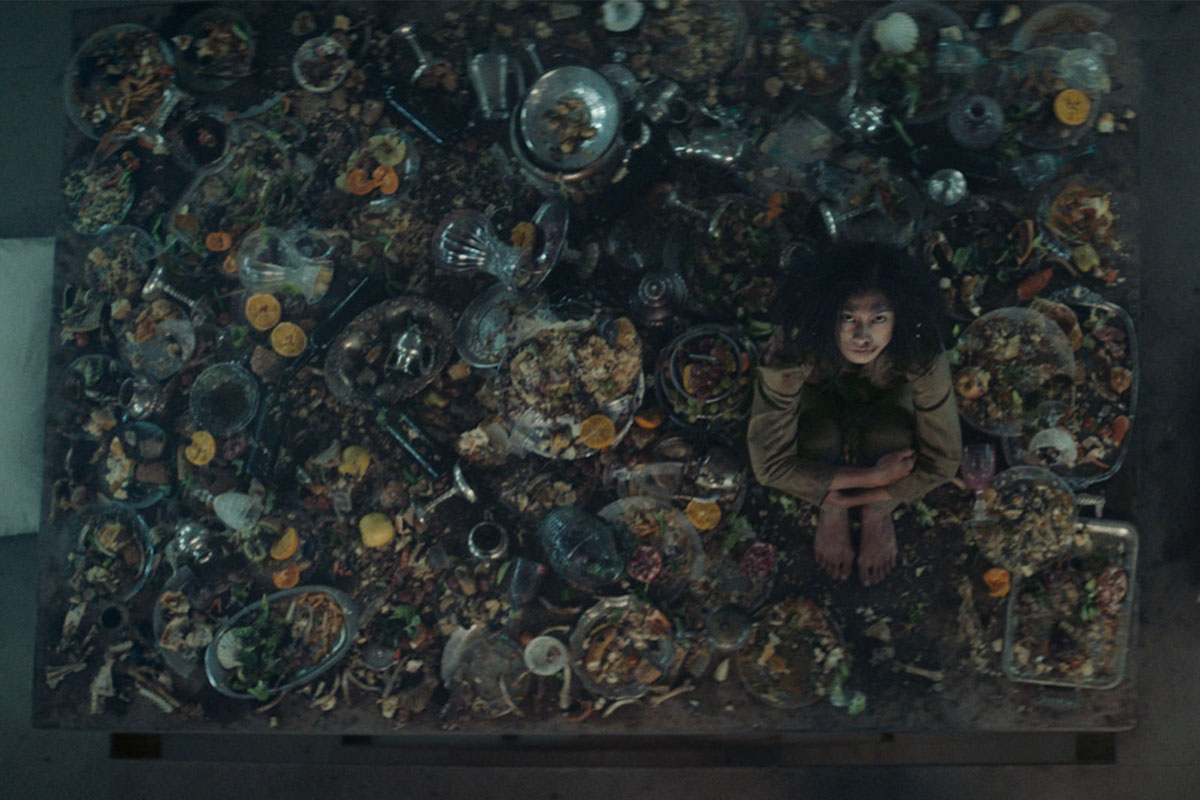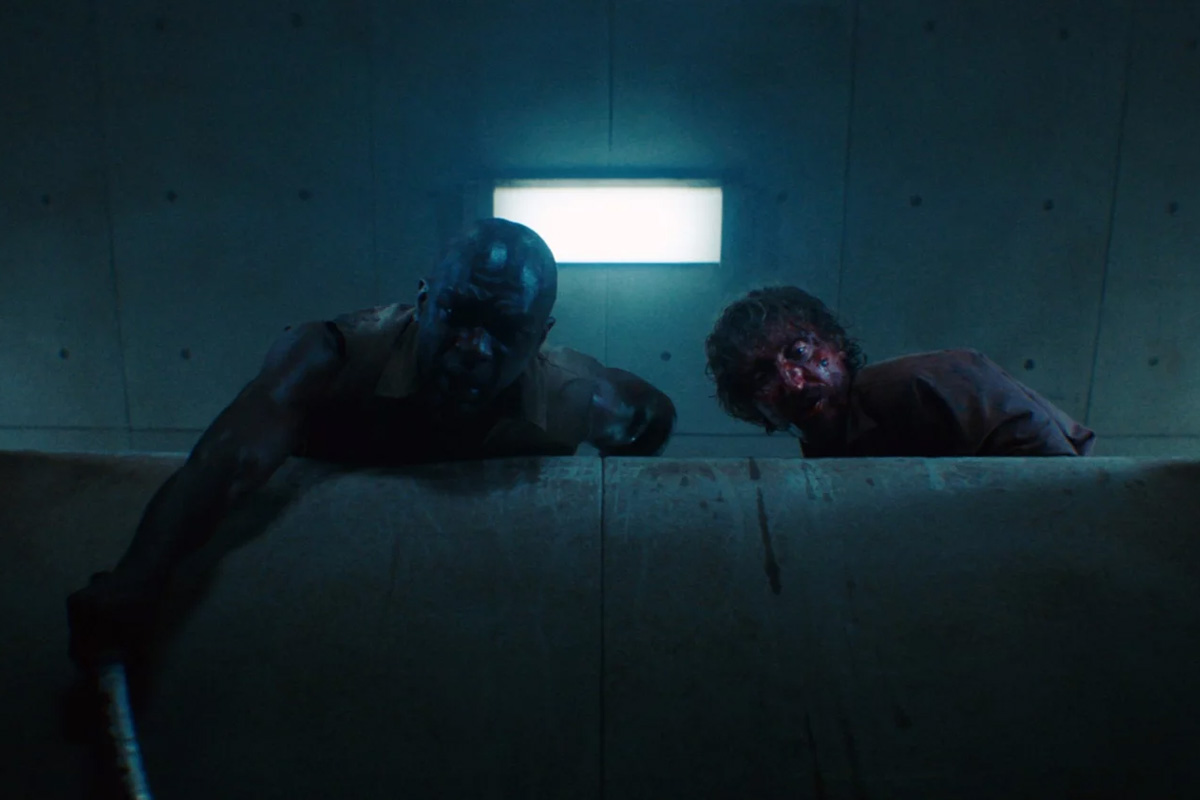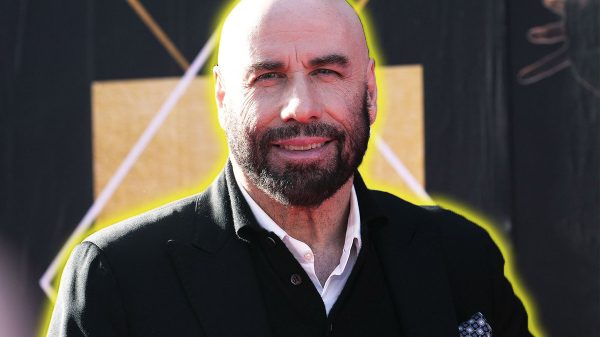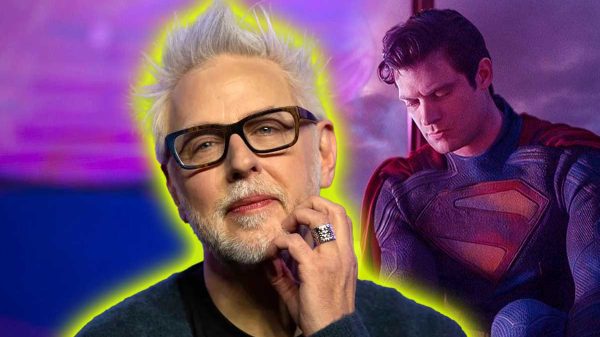‘The Platform,‘ a Spanish film that went viral on Netflix, shook viewers with its intense critique of capitalism and social inequality. Its innovative premise, set in a mysterious prison with a descending platform of food, captivated audiences and sparked countless conversations about the underlying messages. However, while the movie’s powerful themes have earned it high praise, the religious undertones and ending may leave some viewers feeling let down.
In this article, we’ll dive into the religious themes scattered throughout ‘The Platform’ and discuss how the film’s conclusion might have been more satisfying had it not been tied to Christianity. We’ll also compare it to the infamous ending of the TV series ‘Lost,‘ which left many fans disappointed for similar reasons.
Divine Motifs In A Dark World

Religious symbols and allegories are interwoven into the very fabric of ‘The Platform’s narrative. The protagonist, Goreng, can be seen as a Christ-like figure, sacrificing himself to help others, while the Vertical Self-Management Center acts as a metaphorical Hell, complete with 333 floors that hint at the ominous number 666.
It’s not just the visuals, though. Religious undertones permeate the movie’s dialogue, shedding light on the characters’ motivations and, in some cases, providing moral guidance. But do these elements strengthen the film or detract from its core themes?
Reimagining The Platform’s Climax

Imagine an alternative ending for ‘The Platform’ that doesn’t lean so heavily on religious themes. Instead, the conclusion could focus more on the film’s social commentary, tackling greed and inequality head-on. By doing so, the movie might have offered viewers a more satisfying and thought-provoking resolution.
Ambiguity in storytelling can be a powerful tool, but when conclusions are tied to religious themes, it can leave viewers feeling like they’ve been shortchanged. In the case of ‘The Platform,’ perhaps a more secular ending could have driven the point home more effectively.
The Platform Meets Lost: Shared Storytelling Slip-ups

‘Lost,’ the groundbreaking TV series that left viewers on the edge of their seats for years, also stumbled at the finish line. Its ending, riddled with religious connections, left many fans disappointed and questioning the show’s overall message. Much like ‘The Platform,’ the religious themes in ‘Lost’ seemed to overshadow its other themes, ultimately diluting the impact.
The unsatisfying effect that both endings have on viewers highlights a common issue: tying conclusions to religious themes can detract from the overall messages of the stories. In both cases, a more focused ending might have left fans with a greater sense of closure.
Unraveling The Tangle Of Faith And Fiction

In summary, the religious themes and disappointing conclusions of both ‘The Platform’ and ‘Lost’ have left viewers wanting more. By focusing on their core social messages instead of Christian themes, these stories might have delivered more thought-provoking endings.
As fans and critics alike continue to discuss the themes and possible alternative conclusions, let’s hope that future filmmakers take note: sometimes, less is more when it comes to religious subtext. Keep it simple and let the story speak for itself.


















